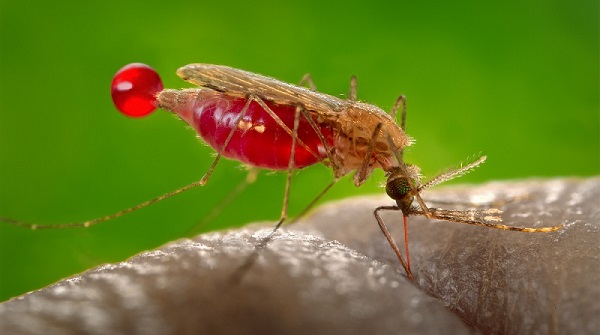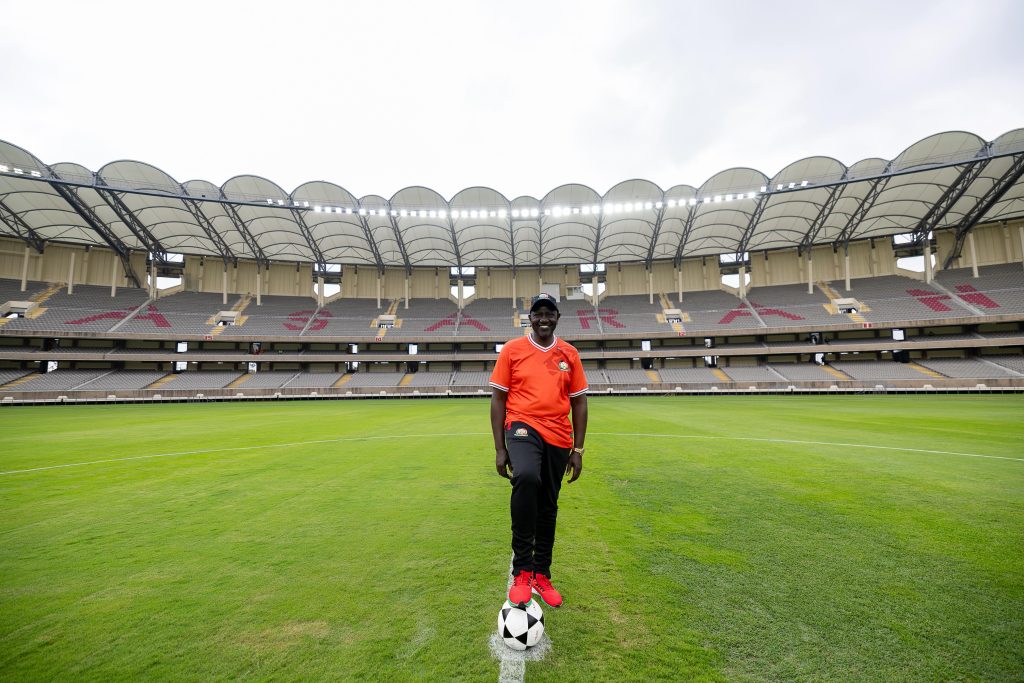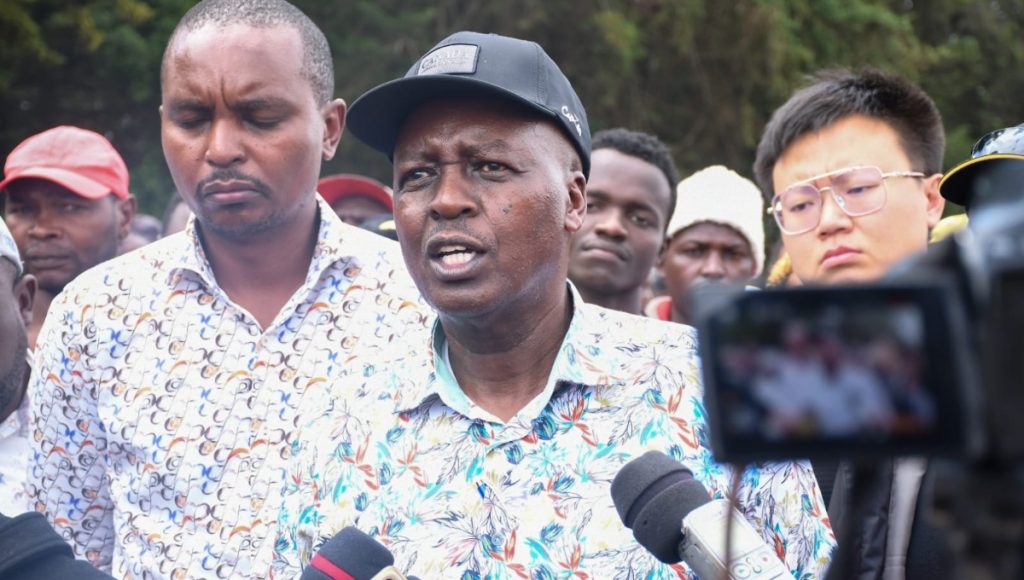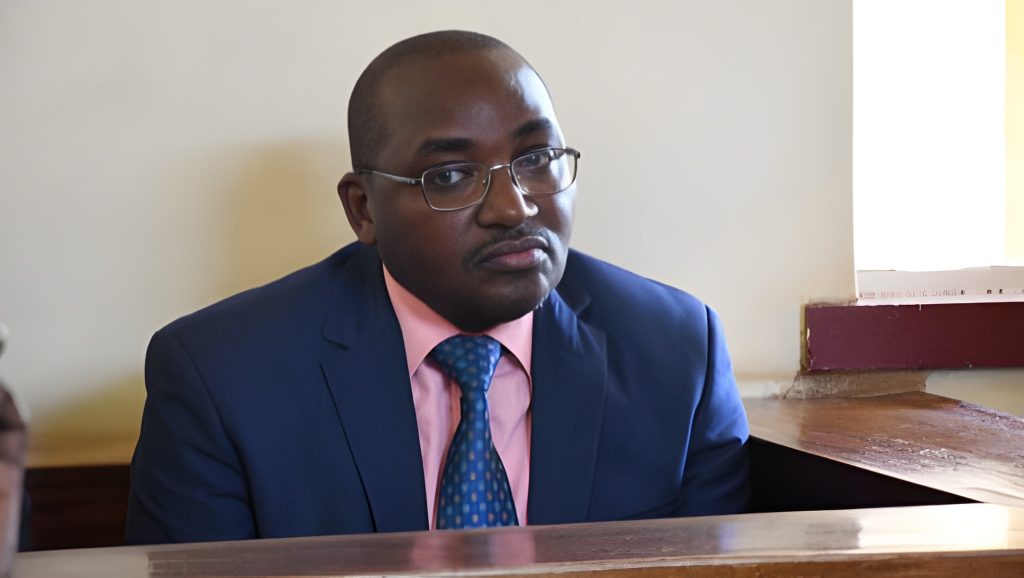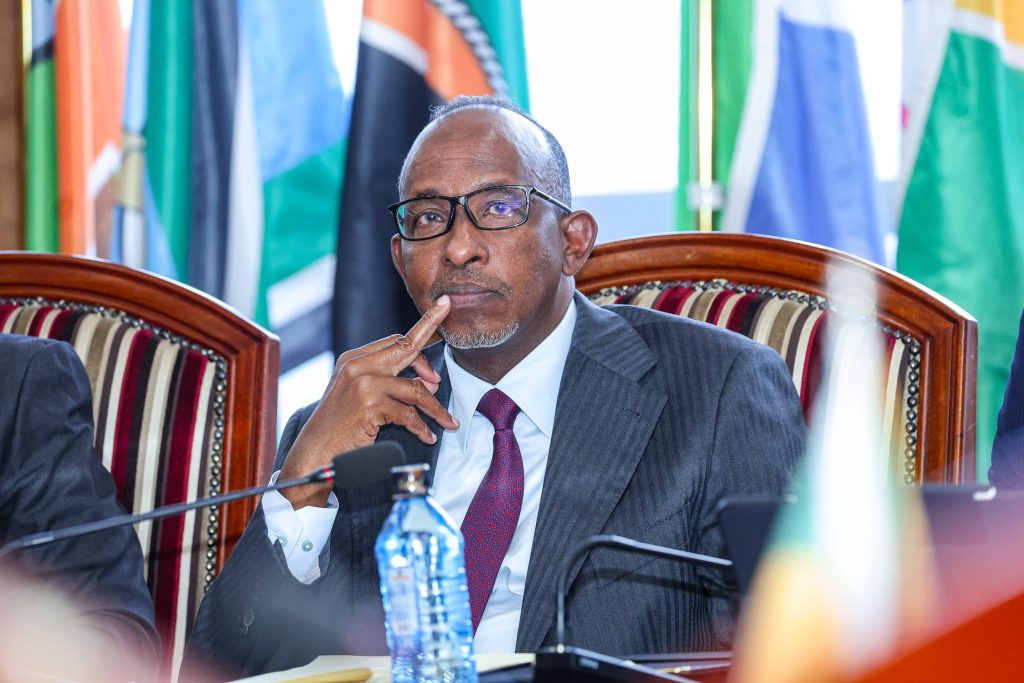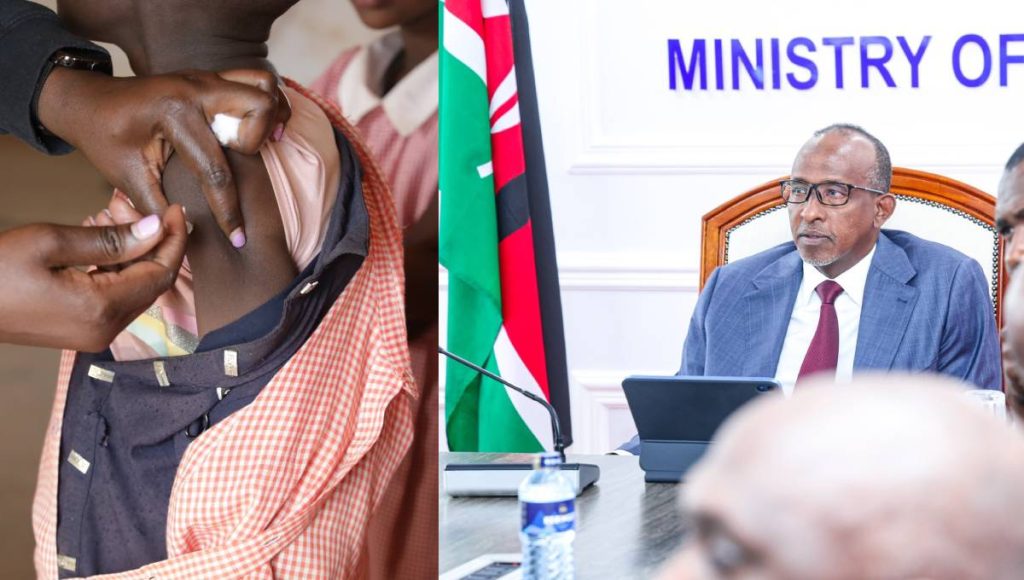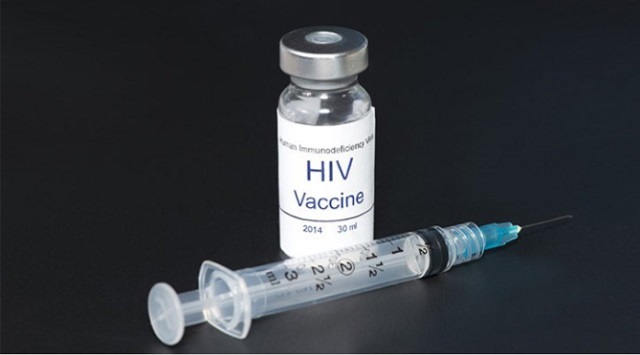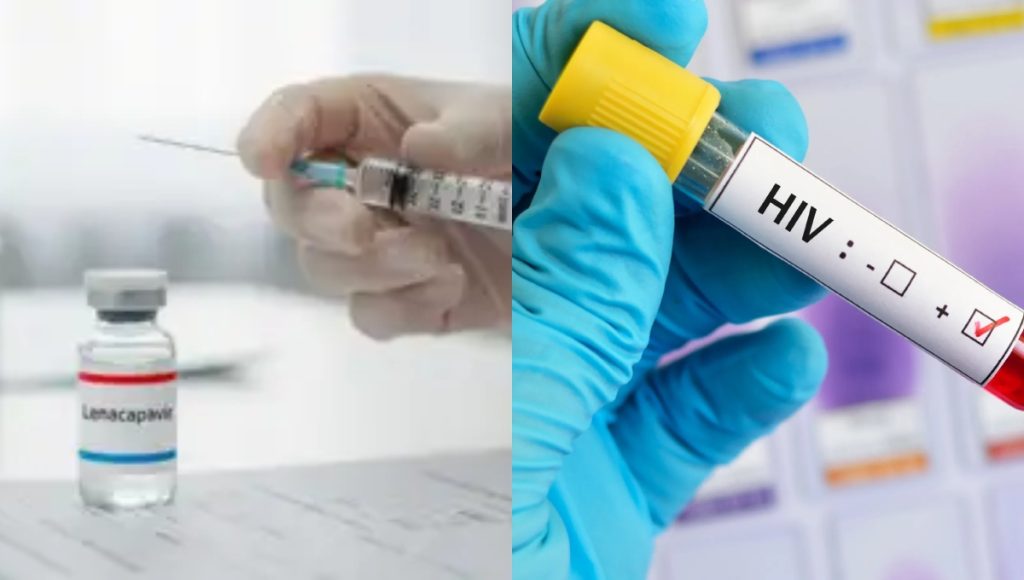A 15-year study in Kilifi, Kenya, reveals malaria in early childhood may weaken immunity for many years.
Researchers followed nearly 2,000 children from two villages: Junju and Ngerenya.
Junju had ongoing malaria transmission, while Ngerenya saw a sharp decline starting in the early 2000s.
The children were monitored weekly, and their blood tested regularly for malaria and antibody levels to other diseases.
By age 10, Junju children had lower antibodies to many diseases compared to those from malaria-free Ngerenya.
This included lower immunity to measles, flu, EBV, HSV-1, coxsackievirus, and other common infections.
Even vaccines were less effective in Junju children, with weaker immune responses despite high vaccine coverage.
Researchers say malaria seems to reprogramme the immune system to tolerate infections instead of fighting them.
This immune suppression lasts long after malaria disappears from the area.
“Don’t fight too hard” is the lasting message malaria leaves on the immune system, scientists said.
Within Ngerenya, children who had malaria early still showed weaker immunity than those who never had it.
This proves early malaria exposure not geography drives long-term immune weakening.
The study suggests early malaria creates lasting immune damage that affects protection against other diseases and vaccines.
Researchers say affected children may need booster shots or adjusted vaccine schedules.
The study is titled “A natural experiment in Kenya reveals durable immunosuppressive effects of early childhood malaria.”
It is available as a preprint on medRxiv and awaits peer review.
The research involved experts from KEMRI-Wellcome Trust, Oxford University, Columbia University, and Pwani University.
The scientists followed children from 1998 to 2017, making this one of the longest studies of its kind.
Their findings could explain why vaccines perform poorly in malaria-endemic regions.
They call for integrated health strategies to address malaria’s hidden, long-term effects on child immunity.
Malaria control is not just about prevention, but also about protecting immune development in early childhood.



